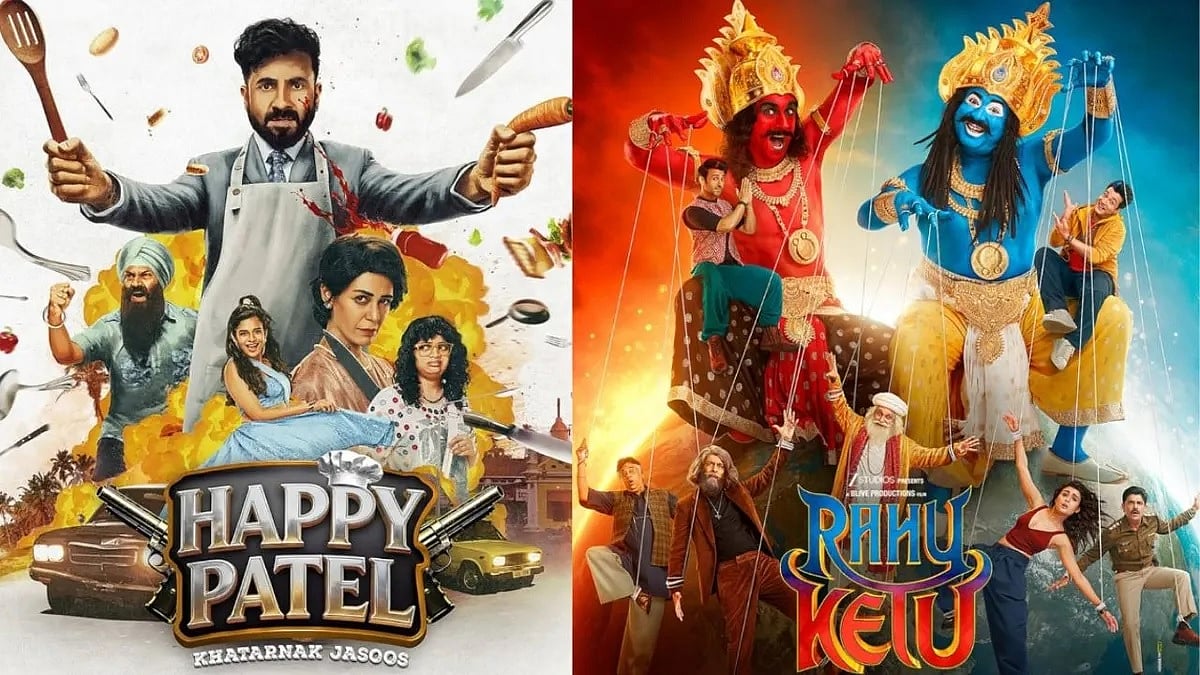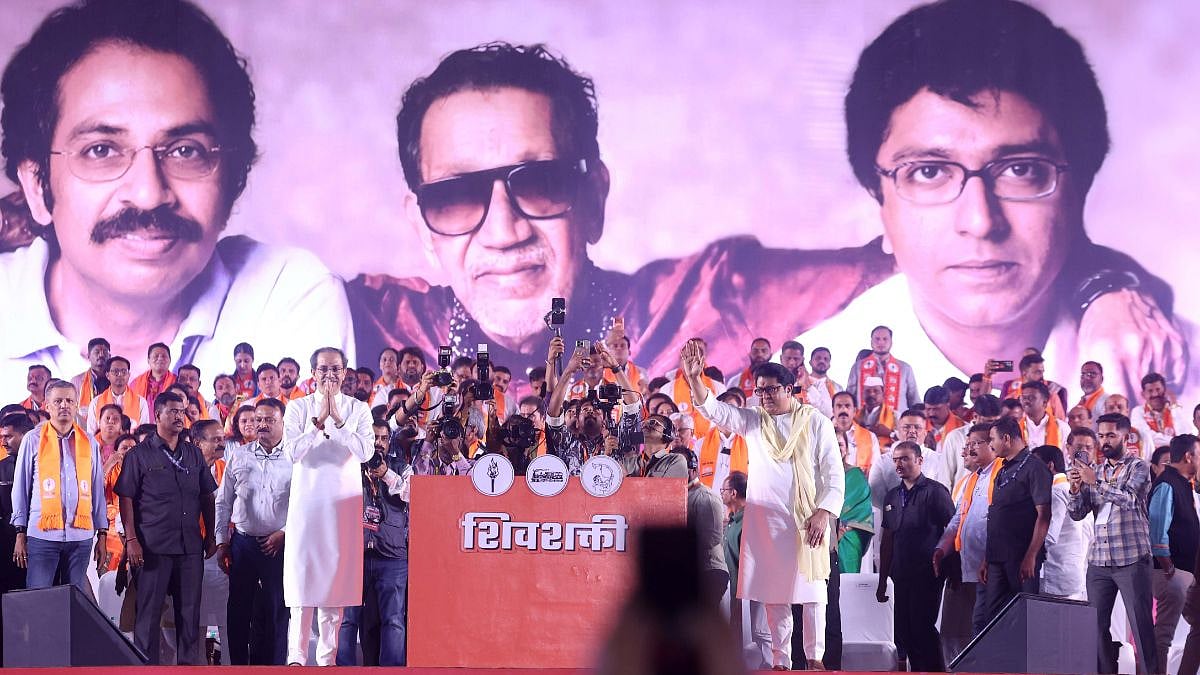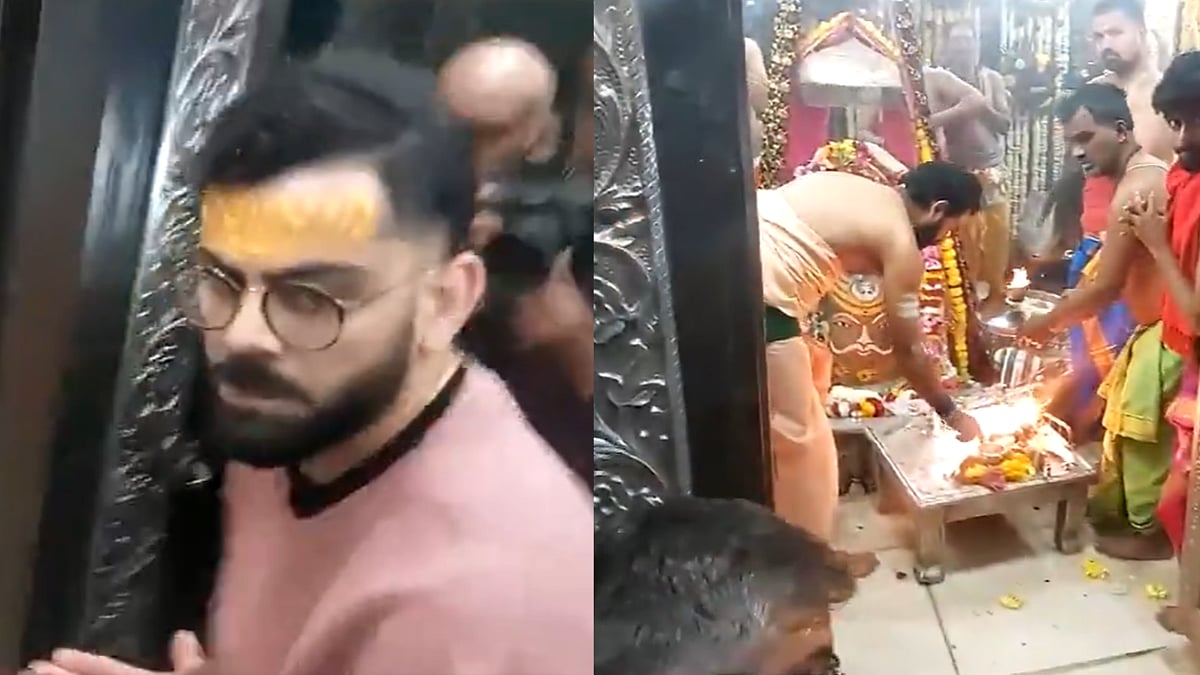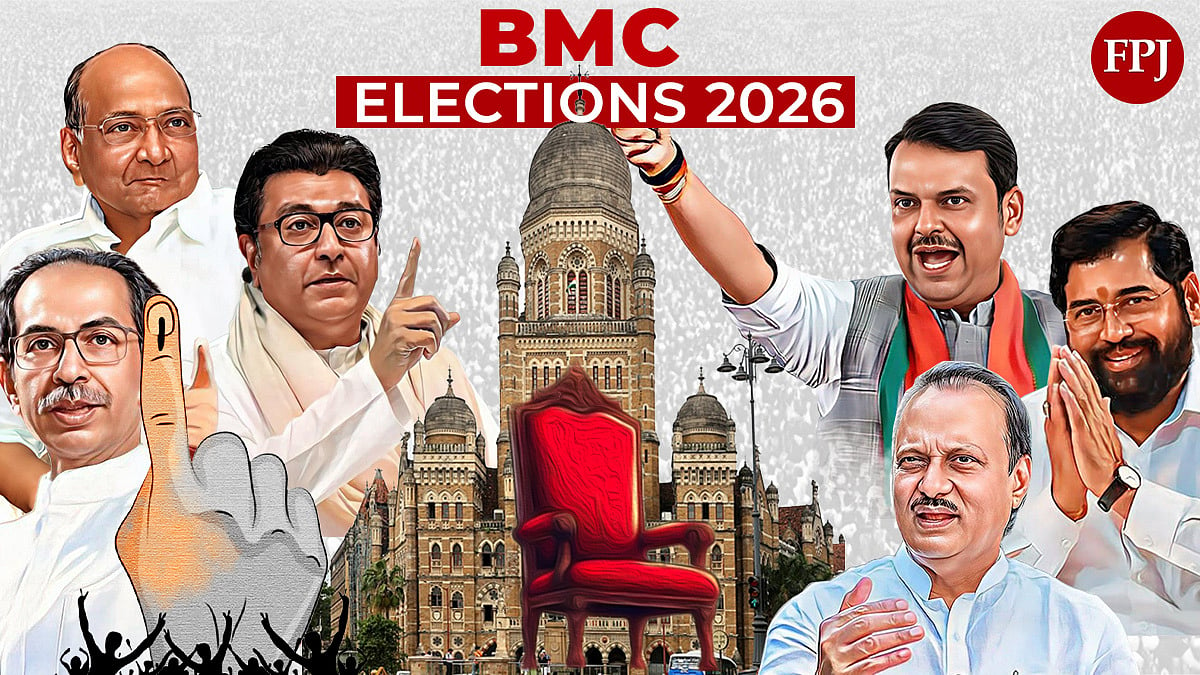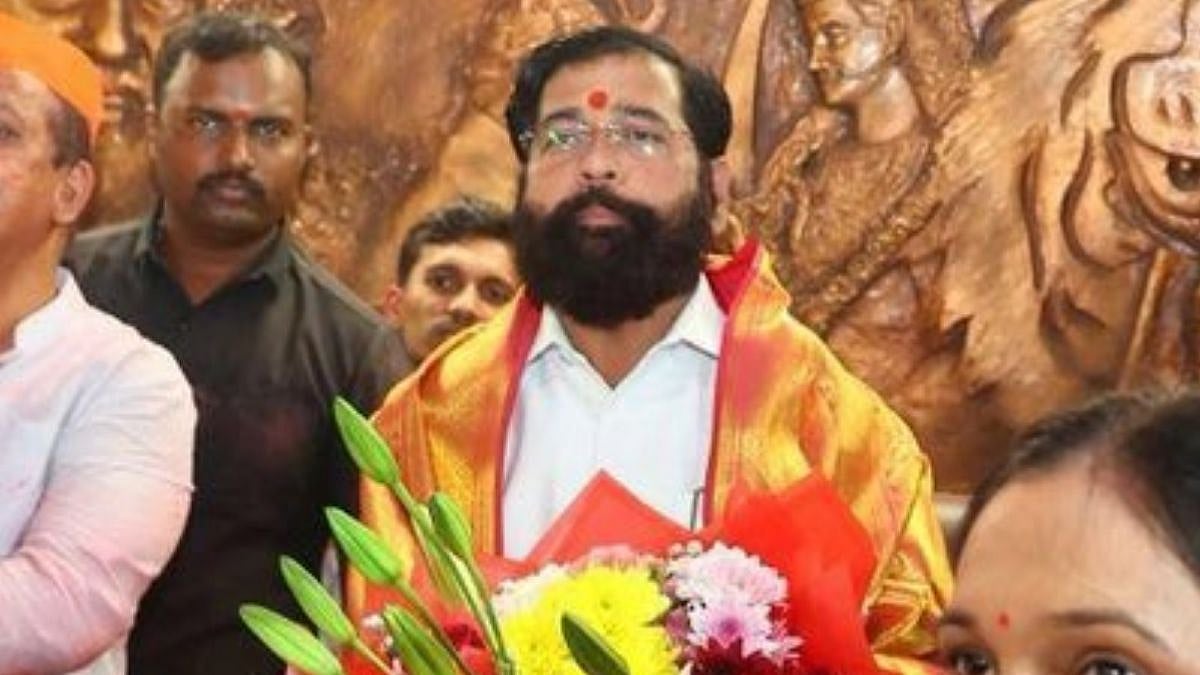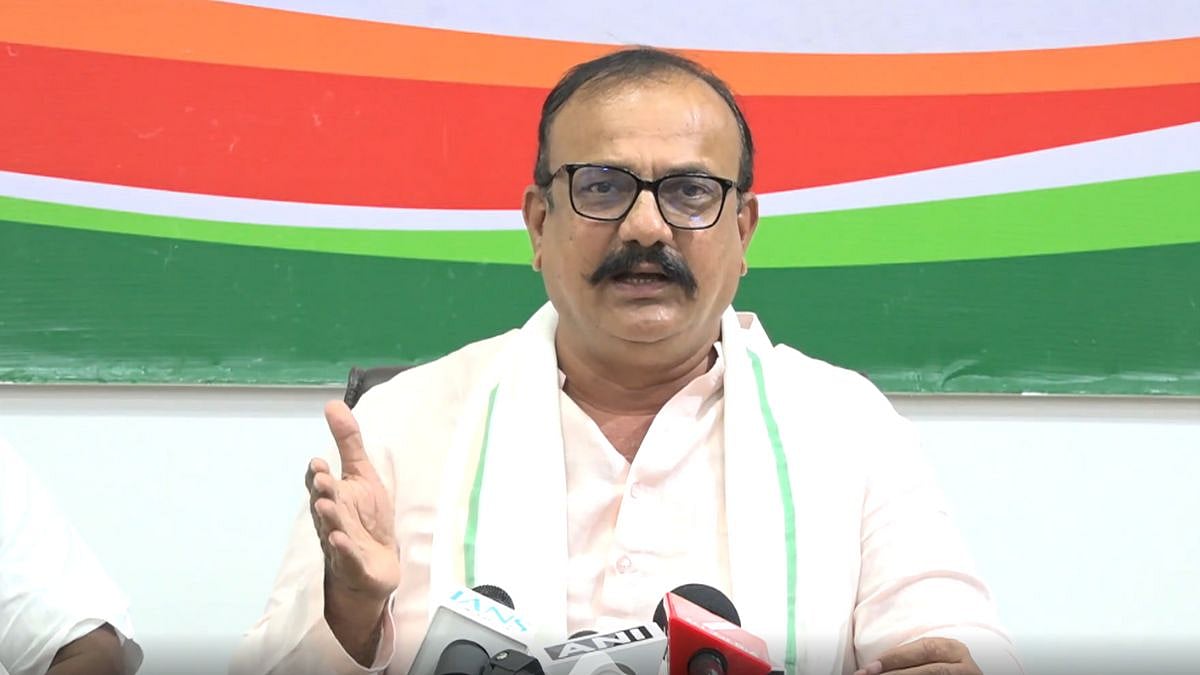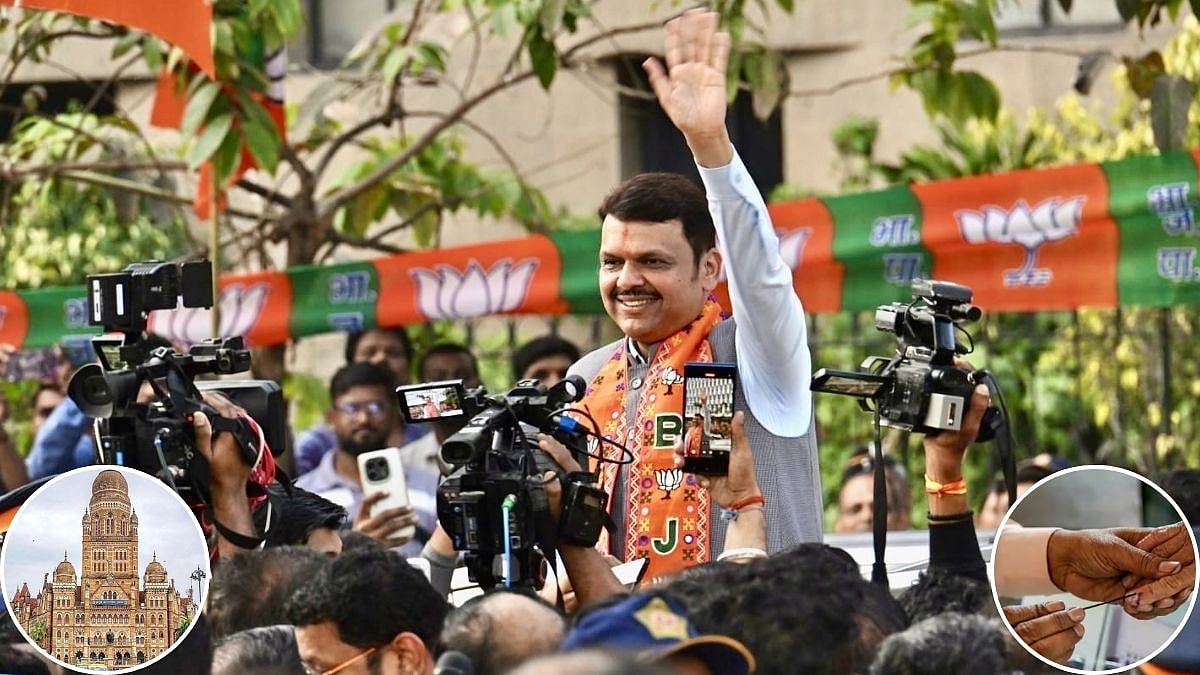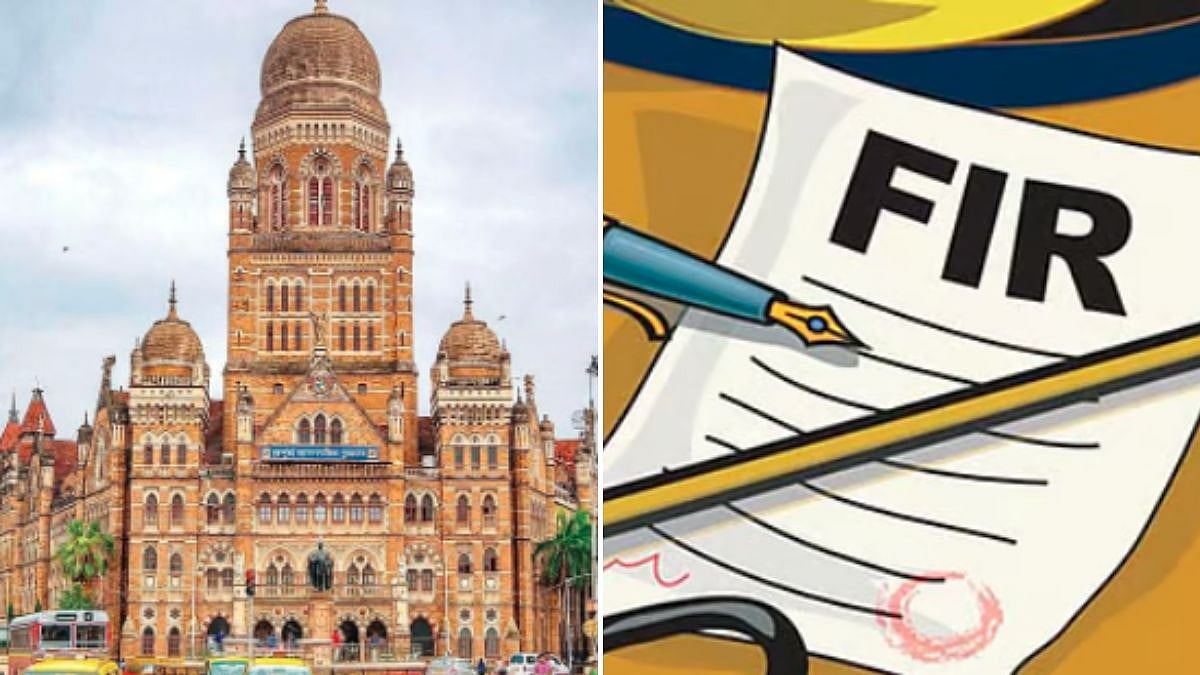On February 19 every year, birth anniversary of Chhatrapati Shivaji Maharaj Jayanti or Shivaji Jayanti is celebrated in honour of the founder of the Maratha Kingdom. This year marks the 392nd birth anniversary of the great Maratha. Chhatrapati Shivaji was one of the bravest, progressive and sensible monarchs of India.
Shivaji Jayanti is mainly a Maharashtrian holiday celebrated as a festival. A public holiday in the state is observed on this day. The day is celebrated with much enthusiasm and pride.
The Maratha King was known for his bravery on the battlefield and compassion towards his ryots. He was a true king who felt for the needy and poor and established a great rule in his region.
Although he was benign and compassionate, on the battlefield, he was the fiercest warrior who had the ability to send shivers down the spine of even the most powerful rulers. His amazing tactics, excellent leadership qualities, and adherence to moral values made him a ruler like no other.
Shivaji Jayanti or Chhatrapati Shivaji Maharaj Jayanti was started by Mahatma Jyotirao Phule in 1870. Mahatma Jyotirao Phule discovered the tomb of Shivaji Maharaj on Raigad, which is around 100 km from Pune. The celebrations of Shivaji Jayanti were first inaugurated in Pune.
Shivaji Maharaj was named after the local Goddess Shivai, who blessed his mother by fulfilling her prayers for a son. He played a significant role in uniting the Maratha chiefs of the Mayal, Konkan, and Desh regions. Chhatrapati Shivaji Maharaj's role and contribution in Indian history make him a hero of the country.
Here are some lesser-known facts about Chhatrapati Shivaji Maharaj on his 352nd birth anniversary:
A brilliant strategist
Shivaji Maharaj had the capability of winning wars even with limited resources at his disposal. He introduced raiding warfare skills when he captured the Torna fort. By 1655, he had captured the Kondan, Jawali, and Rajgarh forts through his incredible strategies, which the enemies never saw coming.
The king who respected every woman
Shivaji captured numerous territories during his reign. In contrast to what his enemies used to do to women of captured lands, Shivaji never imprisoned any woman living in the forts he won. Rapists were severely punished during his time, and he ordered his army to always be respectful to every woman irrespective of her religion or lineage.

A secular leader
Throughout his rule, Shivaji attacked and defended various armies. He was fierce in his ways but never attacked any religious place. Shivaji respected all religions and believed in the co-existence of people with different beliefs. Many of his trusted warriors were Muslims.
The master of guerilla warfare
Shivaji knew every important geographical advantage and disadvantage of the areas he defended. Attacking in small groups and outfoxing the enemies were the qualities he mastered through hard work and dedication.
A noble and merciful warrior
Shivaji was very respectful even towards his enemies. He never raided the homes of people in the areas he attacked and captured. Moreover, he accepted the surrender of various kings and even negotiated terms to ensure a peaceful end to the conflict.
Escape from Panhala fort
Outfoxing 600 soldiers to walk away unharmed from highly secure enemy territory is something Shivaji did with ease. He was captured in the Panhala fort by Siddi Johar's army, but with the help of a barber who looked like him, Shivaji escaped and continued his work for the betterment of his people.
He severely punished criminals
Shivaji was very merciful but only to those who deserved it. All rapists and murderers were severely punished during his reign to ensure that people have faith in the legal system and those with criminal mindsets are fearful of the consequences of their actions.
Father of the Indian Navy
Shivaji was probably the first king in the region to understand the importance of reigning supreme on the sea. His naval force played a major role in protecting important forts from several attacks.
A born leader
Shivaji had the ability to successfully lead an army of hundreds against thousands and emerge victoriously. People had immense faith in his ways, and as a result, the Maratha Army expanded from 2,000 to 10,000 soldiers during his reign.

